Search Images
Browse Content (p. 518)
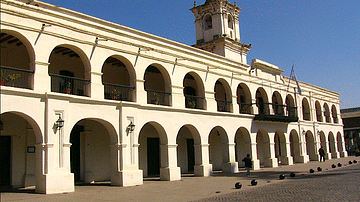
Image
Cabildo of Salta, Argentina
The 17th-century cabildo of Salta, Argentina. The cabildo was a local council established in towns during the Spanish colonial period.
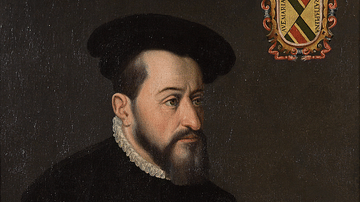
Image
Antonio de Mendoza, Viceroy of New Spain
A portrait of Antonio de Mendoza, the first viceroy of New Spain (Mexico and many surrounding territories) within the Spanish empire. He served from 1535 to 1550. (Museo Nacional de Historia, Mexico City)

Image
National Palace, Mexico City
The facade of the National Palace in Mexico City, once seat of the viceroy of New Spain when part of the Spanish Empire.

Image
Compte Rendu Au Roi
The Compte Rendu Au Roi (1781) was the first account of French royal finances to go public. Its publication caused a sensation throughout Europe, as it was translated into 5 different languages. Its success caused its author, finance minister...

Image
Suzanne Curchod
Portrait of Suzanne Curchod (1739-1794), oil on canvas by Joseph-Siffred Duplessis, c.18th century. One-time fiance to British writer Edward Gibbon, Suzanne was the wife of France's popular finance minister Jacques Necker and the mother to...
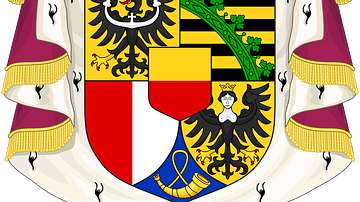
Image
Coat of Arms of Liechtenstein
The coat of arms of the European Principality Liechtenstein, which features a Harpy.
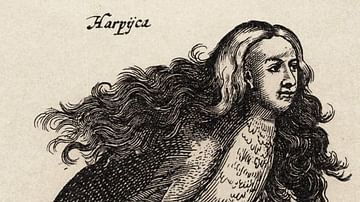
Image
Harpy
An illustration of a harpy in Ulisse Aldrovandi's Monstrorum Historia, Bologna, 1642.

Image
Harpies in the Infernal Wood
An engraving of the harpies in the Forest of Suicides by Gustave Doré illustrating Canto XIII of Divine Comedy, Inferno, by Dante Alighieri.
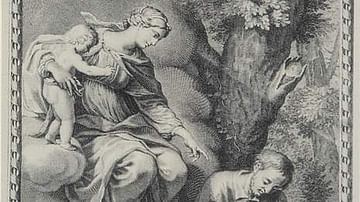
Image
Spiritual Exercises by Ignatius of Loyola
Exercitia Spiritualia by Ignatius of Loyola, engraving by Gilles Rousselet, 1644.
Loyola University Museum of Art, Chicago.

Image
An Allegory of the Revolution
Allégorie révolutionnaire ("Allegory of the revolution") by Nicolas Henri Jeaurat de Bertry, 1794. It was made in honor of Enlightenment philosopher Jean-Jacques Rousseau (1712-1778), whose portrait is seen at the top of the painting. Rousseau...